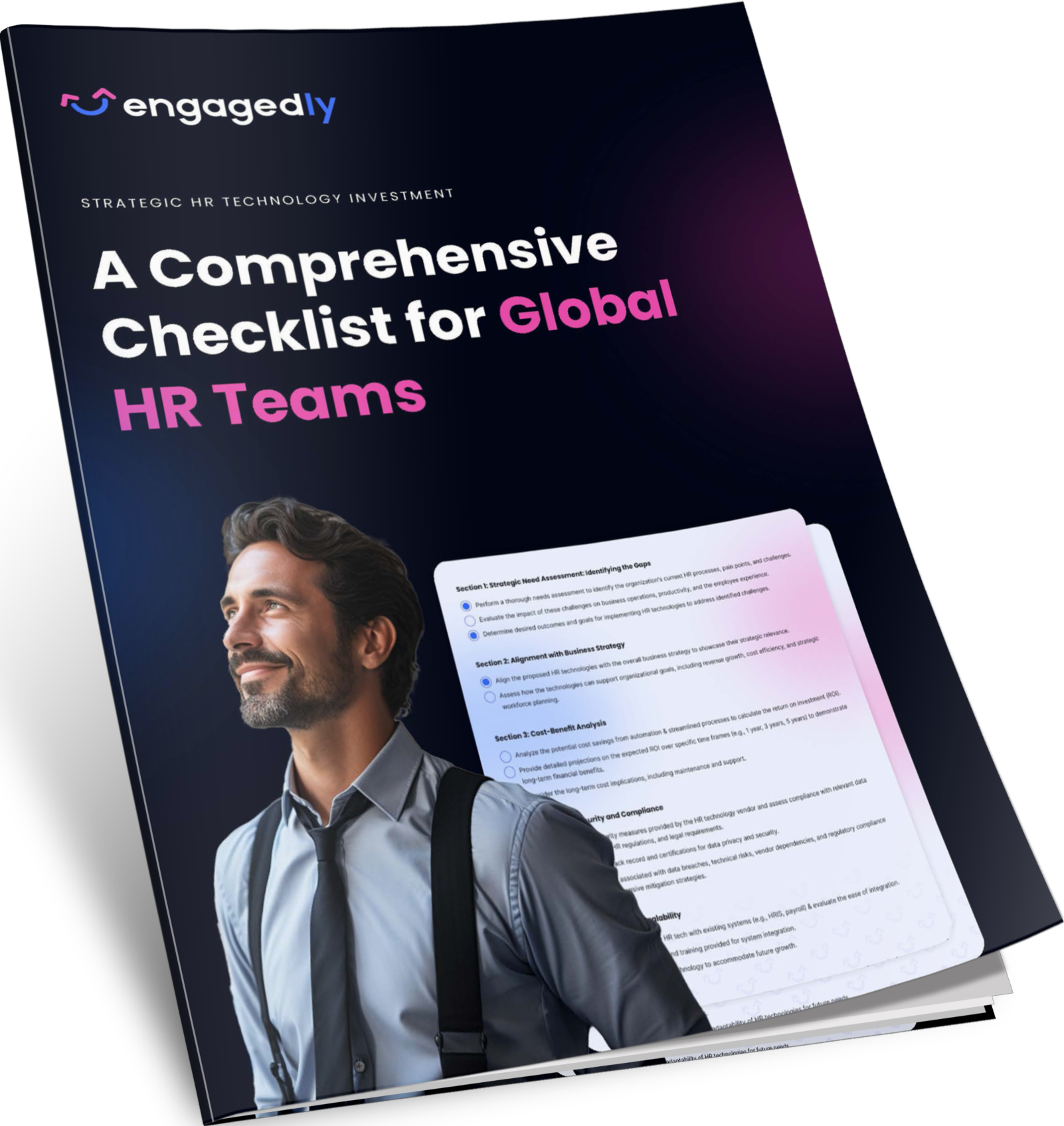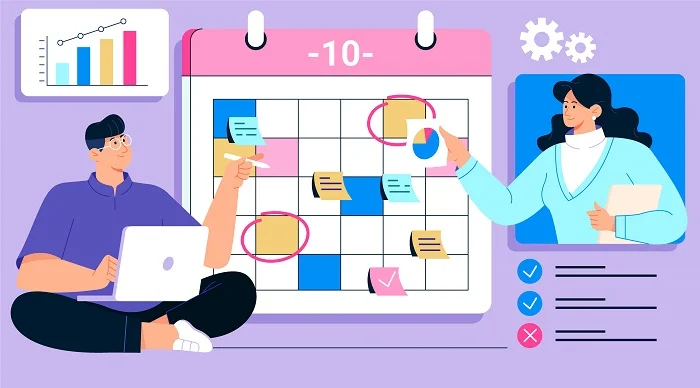There are many different kinds of performance management software out there in the market. But choosing the right kind of performance review software takes a lot of effort since there are quite a few things to consider before selecting software and we are faced with a sea of choices.
But once you have the software installed, there’s another hurdle to be crossed. When administrators begin using the software, their experience with the software will determine if they continue using the software. Any mistakes that are made while selecting or using the software will sour the experience and make them wary of choosing software again. Not to mention, bias against review software can also have an impact.
Many a time, when an organization rejects a software app and then decides it is not for them, one of t8he main reasons why is that they probably made a few mistakes while using the software that ended up diminishing the experience instead of enhancing it. Let us take a look at what some of these mistakes are.
Objective versus Subjective
Performance reviews should be designed to be objective and not subjective. Employees need to know the basis on which their work is being reviewed and it is up to the managers to do so accordingly.
Many performance management software can be set up to objectively review employee performance and also create a record of employee achievements and skills. Over time, this can become a historical archive of information that can be referred back to at any point in time. A performance review should always be based on the facts that are available about an employee’s performance and not on subjective evidence that is based on someone’s likes or dislikes.
If you want to identify the skills that make an employee tick on the personal level or how well they integrate with others and find what their team members think about them, that can be done through a 360 degree feedback process. A performance review should be mainly used for helping an employee map an outline for the coming year, based on what they achieved in the past.
If a performance review is used for both objective and subjective purposes and a 360 degree feedback is used vice versa, then HR managers might feel like the software is not working well as it should be. To avoid this mistake, ensure that you pick software with different functionalities that suit your needs instead of trying to make one program do multiple things.
Also read: 4 Performance Management Mistakes to Avoid
Depending on Ratings Alone
In addition to the ability to leave comments on performance reviews, most performance review software also allows you to rate employees based on their performance. Now, except for a few high-achievers, not all employees are going to produce consistently excellent work. There will be certain aspects of a job that the employee excels at and certain areas where they struggle. This does not mean that they are bad at their job. However, when reviews are carried out in the context of rating alone, it can make it seem like there are a vast number of employees who are poor performers.
Both good reviews and bad reviews carry an equal amount of weight. Therefore, it is important therefore to not only utilize the rating aspects of a performance management software, but also other aspects and features, such as adding comments, displaying goals and feedback, adding secondary reviewers, which will help you make a well-rounded decision. Additionally, performance review software cannot make any decisions for you. It can only give you information that managers can utilize to make informed decisions. Leaving important decisions solely up to the information received from software can be damaging and do more harm than good.
While one can make many other mistakes when it comes to using performance review software, these two mistakes can badly undermine a performance review cycle at your organization and therefore special care must be taken not to make them.
Want to know how Engagedly can improve performance management at your organization? Request a demo to find out!
Request A Demo
Get In Touch With Us
Author
Srikant Chellappa
CEO & Co-Founder of Engagedly
Srikant Chellappa is the Co-Founder and CEO at Engagedly and is a passionate entrepreneur and people leader. He is an author, producer/director of 6 feature films, a music album with his band Manchester Underground, and is the host of The People Strategy Leaders Podcast. He is currently working on his next book, Ikigai at the Workplace, which is slated for release in the fall of 2024.






